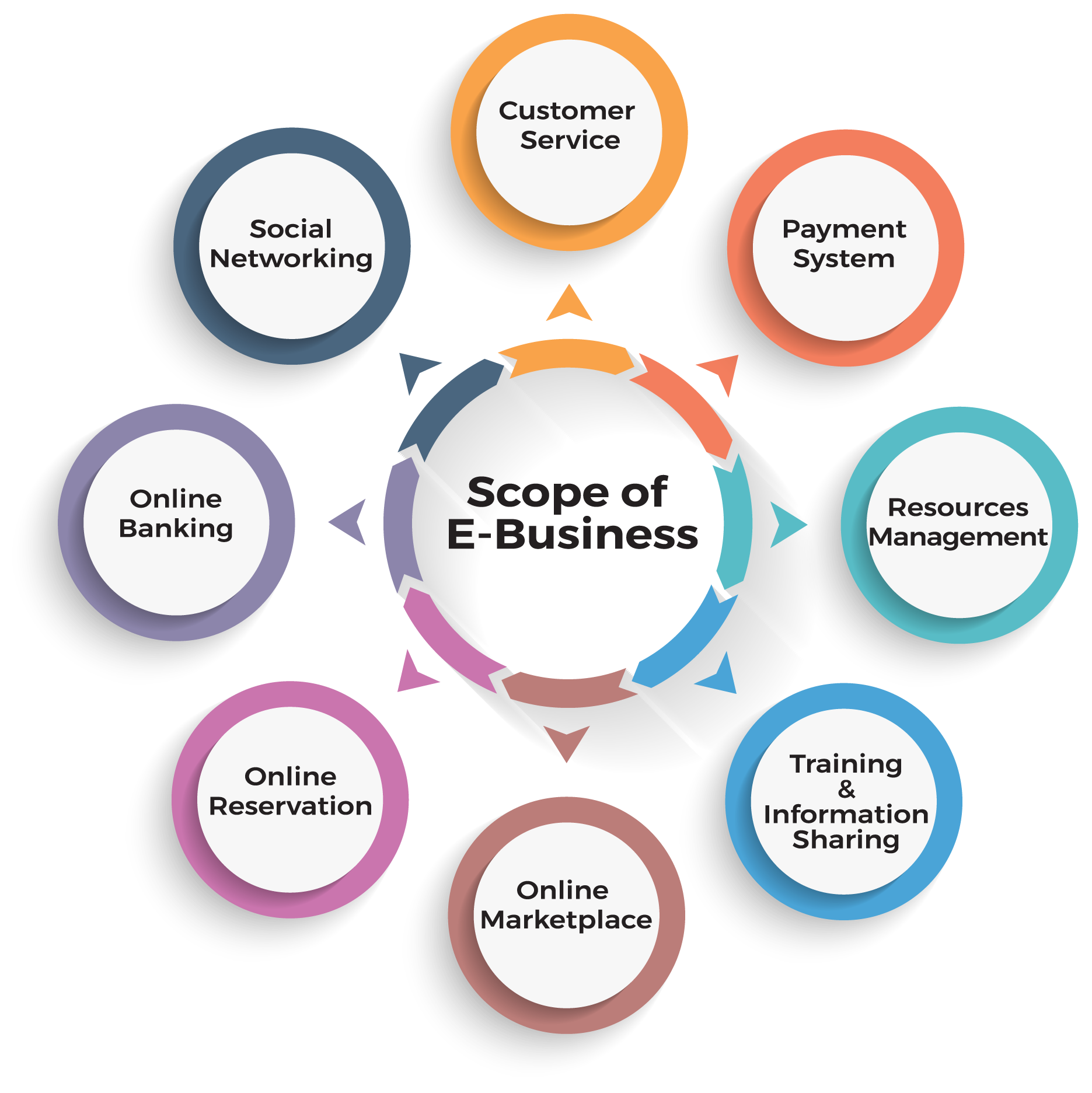Bachelor of Arts (Honours) in Business Management with a specialism in Business Analytics
(R2/0414/6/0087)(08/25)(A6223)
Course OverviewAPU-DMU DUAL DEGREE PROGRAMME
Students who are under Bachelor’s Degree Programme will have the option to opt-in for the APU-DMU Dual Degree Scheme. Under this Scheme, students will receive 2 Degree Certificates & Transcripts upon graduation: 1 from Asia Pacific University (APU), Malaysia and 1 from De Montfort University (DMU), UK.
To know more about APU-DMU Dual Scheme, please click HERE.

This programme is specifically designed to provide:
- An understanding of the context, nature and implications of analytics and its application to business decisions from stakeholder perspectives.
- A comprehensive understanding and application of business analytics across functional areas including finance, accounting, marketing and human resource management.
- Exposure to the theoretical and practical issues of conducting business in a contemporary and future setting with data at the centre of managerial decision making.
- Developing employment skills such as business analysis, problem solving, evidenced based written and oral communication, using data in decision making, and the ability to conduct research into contemporary business analytical issues.
MORE THAN JUST A BUSINESS MANAGEMENT DEGREE
APU's Bachelor of Arts (Honours) in Business Management with a specialism in Business Analytics degree is designed to provide you an edge with the latest technologies that are in line with the Industrial Revolution 4.0.
3 Years (6 Semesters)
RM 31, 000.00
RM 32, 200.00
RM 33, 400.00
International Fees:
RM 32, 000.00
RM 33, 100.00
RM 34, 400.00
Total: Malaysian - RM 96,600 | International - RM 99,500
• 30 Sep 2024
• 21 Nov 2024
Degree awarded by APU, Malaysia
| GENERAL REQUIREMENTS | |
| DIRECT ENTRY TO LEVEL 1 OF THE DEGREE: | |
| STPM | • 2 Passes in STPM with a minimum Grade C (GP 2.0) and a Pass in English and Mathematics at SPM Level or its equivalent. |
| A-LEVEL | • 2 Passes (Grade A-D) in A-Level with a Pass in English and Mathematics at SPM/ O-Level/ IGCSE or its equivalent |
| UEC | • 5 Grade B’s in UEC with a Pass in Mathematics and English. |
| MATRICULATION/ FOUNDATION | • Passed Foundation programme (minimum CGPA of 2.0). |
| ENTRY TO LEVEL 2 OF THE DEGREE: | |
| DIPLOMA | • Successful completion of the APU Diploma or • Successful completion of studies in another recognised institute with academic credits equivalent to Level 1 of an Honours Degree (Subject to the approval of the APU Academic Board) |
* The requirement to pass Mathematics and English subjects at STPM, A-Level and UEC can be waived should the qualifications contain Mathematics and English subjects with equivalent/higher achievement.
| ENGLISH REQUIREMENTS | |
| INTERNATIONAL STUDENTS |
• IELTS : 5.5 • TOEFL IBT : 46 • Pearson (PTE) : 51 • MUET : Band 4 |
Note: The above entry requirements may differ for specific programmes based on the latest programme standards published by Malaysian Qualifications Agency (MQA).
The qualification and entry requirements for the programmes will be determined based on the "Comparison List of Equivalency of International Qualifications with SPM (O-Levels equivalent) and STPM (A-Levels equivalent)" published by Malaysian Qualifications Agency (MQA).
DEGREE LEVEL 1
Students will gain basic understanding of the context within which business operate - Management, Law, Accounting, Economics, Entrepreneurship and Marketing. We will also expose them towards business & communication skills, computing & IT skills, quantitative skills, and independent learning. All Business Management programmes have a common first year so that they will get a solid grounding in core business management theories and practices.
- Introduction to Management
- Digital Thinking and Innovation
- Quantitative Skills
- Business and Communications Skills
- Business Economics
- People Management
- Accounting Skills
- Marketing
- Business Law
- Fundamentals of Entrepreneurship
DEGREE LEVEL 2
Students will be exposed to more advanced level of curriculum including behavioral science, business ethics & governance, critical thinking in management, and international culture & communications. In-depth understanding in functional management in various areas will be developed as well. They will gain further understanding of core business processes through the industry-leading software supported by SAP and data management. We will further nurture their independent learning to prepare them for the workplace and for further research.
- Behavioural Science in Organisation
- Innovation Process
- Enterprise Resource Planning with SAP Platform
- Business Ethics and Governance
- Delivering Customer Value
- Business Research Methods
- Operations Management
- E-Business Management
- Critical Thinking in Management
- Data Analytics in Accounting & Finance
- Data Management
- Managing Finance OR Financial Management
INTERNSHIP (16 WEEKS)
Students will undertake an Internship / Industrial Training for a minimum period of 16 weeks to prepare them for a smooth transition from the classroom to the working environment.
DEGREE LEVEL 3
Students will make use of their previous studies and industrial experience to learn about the business management specialize in business analytics, with aims to groom them as a leader in business analytics.
- Strategic Management
- Leadership Theory and Practice
- Venture Building
- Data Strategy and Analytics
- Managing Change
- Asian Economics
- Investigation in Business Management
- Contemporary Management
- Global Marketing
- Business Management
- Project
- Behavioural Science & Marketing Analytics OR HR Analytics
- Strategic Marketing Planning OR International Strategic Management
Note: The specialism will appear only in the academic transcript.
MQA Compulsory Subjects*
- Appreciation of Ethics and Civilisation (M’sian Students)
- Malay Communication Language (Int’l Students)
- Philosophy and Current Issues
- Workplace Professional Skills
- Integrity and Anti-corruption
- Co-Curriculum
(*All students are required to successfully complete these modules as stipulated by the Malaysian Qualification Agency)
- Business Development Manager
- Business Consultant
- Business Process Consultant
- Business Systems Analyst
- Business Research Analyst
- Business Data Analyst Entrepreneur
The Future is Technology - Every Business needs Future-Ready Digital Talents for the Digital Economy
As the 4th Industrial Revolution (IR4.0) takes over the world, we are seeing an upward trend of the amalgamation of Digital Technology with Business. As businesses infuse digital technology within their operations, Digital Transformation elevates customer experience, and transforms business models and operating models within the organisation.
| “Every Business is Becoming a Technology Business”
- Manju Bansal - Digitalist Magazine - 2018
|
| "By 2025, the total number of digital skills required by workers to perform their jobs is projected to increase over 6 times – from one billion skills today to 6.8 billion skills."
- APAC Digital Skills Index - 2020
|
| “As digital technologies become more prevalent, the digital economy will become the foundation of the modern economy. Accelerating the digital economy is no longer an option but crucial for Malaysia.”
- Malaysia Digital Economy Blueprint - 2021
|
| “The digital economy is expected to continue its significant contribution to the country this year, based on an estimated 19.1 per cent contribution to the GDP in 2019 by the Department of Statistics Malaysia, following a forecast of 6.7 per cent economic growth for 2021 by the World Bank. With the launch of MyDIGITAL, the expected contributions from the digital economy towards the GDP is an estimated 22.6 per cent by 2025.”
- Malaysia Digital Economy Corporation (MDEC) - 2021
|

For businesses to remain resilient and competitive, they need to innovate, adopt Digital Products, Digital Solutions, have a Digital Growth Strategy, use technology for expansion and growth, as well as equip their workforce with the necessary skill sets to embrace widespread transformation and digital revolution in this Digital Age. The role of “Technology in Business” is vital and technology has challenged and changed every aspect of the way businesses operate at a fast pace. Rapid globalisation has been possible because of technology. Anyone can now do business anywhere in the world with use of high-speed internet, connectivity and presence of well-connected social media. Technology has boosted the development of E-Business, E-Commerce & Digital Marketing and it has brought new dynamics to the globalisation of businesses.

RISE OF E-COMMERCE – BUYING & SELLING WITHOUT BORDERS
As the global pandemic disrupted the world, internet shopping platforms became the dominant channel for consumers to shop for essential goods and services. It is forecasted that e-business and e-commerce will sustain this upward trend and continue to grow. As future e-business professionals, you will be trained to manage business beyond traditional borders, shaping you into professionals who are able to meet future business challenges.


- Bachelor of Arts (Honours) in Business Management
- Bachelor of Arts (Honours) in Business Management with a specialism in E-Business
- Bachelor of Arts (Honours) in Business Management with a specialism in Digital Leadership
- BA (Hons) Human Resource Management
- Bachelor of Arts (Honours) in International Business Management




